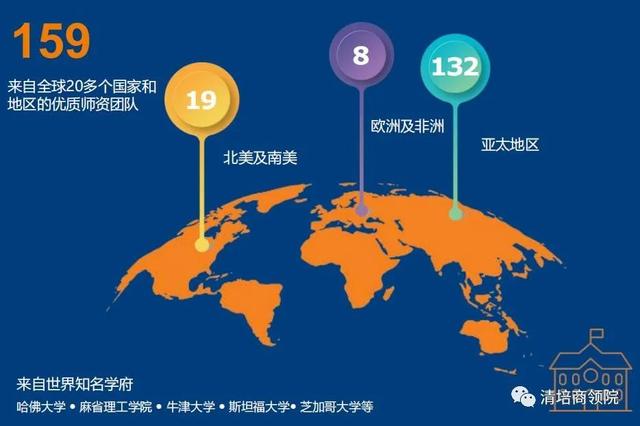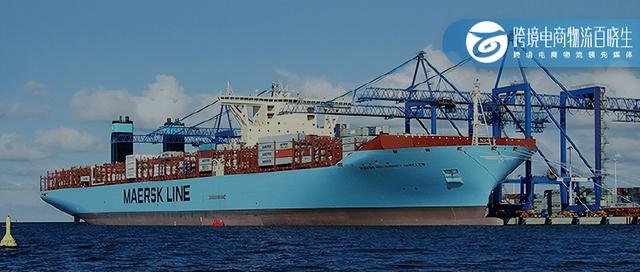新加坡超九成雇主表示培训员工在工作中使用新技术是一项挑战
(2019年9月17日,/HRoot.com/)近日,根据罗致恒富的研究显示,新加坡93%的雇主表示,培训员工在工作中使用新技术将是一项挑战。
罗致恒富新加坡董事总经理Matthieu Imbert-Bouchard表示:"新加坡数字化转型计划的速度要快于全球其他地区。虽然这对新加坡的长期发展来说对有很大的好处,巩固了新加坡作为全球竞争性数字领导者的地位,但我们的研究数据表明这样的发展速度可能超过了劳动力适应新技术的能力,这使得企业需要在短期内弥补这一技术差距。这给个别企业织带来了额外的压力。"
研究表明,为使团队适应新技术,新加坡雇主面临的三个最重要障碍分别是新技术难以与传统的系统和流程整合(39%)、实施新技术的成本大于收益(38%)、认为这些技术尚未得到认可(36%)。
罗致恒富的研究还表明,超过九成(92%)的新加坡雇主认为,寻找能够熟练掌握公司将要实施的新技术的专业人士具有挑战性。
另外,罗致恒富进一步的研究还表明,73%的新加坡雇主已经增加了员工培训预算。
与此同时,17%的新加坡雇主表示,他们并不相信自己的组织拥有合适的领导团队来实施数字化变革。许多新加坡雇主不相信他们的组织拥有实施数字化变革的正确领导力的主要原因包括缺乏管理的支持或兴趣(55%)、缺乏变革管理经验(47%)以及缺乏沟通和技术相关知识(39%)。
根据罗致恒富的说法,为了建立更灵活的新技术效益,新加坡雇主正在实施一种灵活的人才服务模式,其中包括临时用工和合同制专业人士,他们根据企业的需求,为企业提供业务和专业技能的支持。81%的新加坡雇主认为,综合性人才服务模式是实施数字化转型最成功的结构。
Imbert-Bouchard表示:"灵活的人才服务模式使新加坡公司能够快速吸引合适的相关人才,以管理关键项目并与现有团队分享他们的技能。与强大的专业发展计划相结合可以支持公司的目标,即建立技能型劳动力,以最大限度地利用不断发展的技术提供的机会。"
SINGAPORE – MOST BUSINESS LEADERS SAY IT WILL BE CHALLENGING TO TRAIN STAFF ON NEW TECHNOLOGY: ROBERT HALF
(Sep.17, 2019, /staffingindustry.com/)The majority, or 93%, of business leaders in Singapore, say it will be challenging to train staff on new technology, according to research from Robert Half.
Matthieu Imbert-Bouchard, Managing Director of Robert Half Singapore, commented, "The rate of Singapore's digital transformation initiatives is faster than that of their global peers. While this will be of great benefit to Singapore in the long term, cementing their position as a competitive digital leader globally, our research suggests that it may have outpaced the workforces ability to adapt to the new technologies which places additional pressure on individual organisations to bridge this skills gap in the short term."
The research shows that the three most significant barriers Singaporean leaders face to adapting their team to new technologies are difficulty integrating with legacy systems and processes (39%), the effort or cost to implement new technologies being greater than the benefits (38%), and a belief that the technologies are unproven (36%).
Robert Half's research also showed that more than nine out of ten, or 92%, of Singaporean business leaders, believe it is challenging to source professionals skilled in the new technologies their company will be implementing.
Further research also showed that most, or 73%, of business leaders had increased staff training budgets.
Meanwhile, 17% of Singapore bosses say they are not confident their organisations have the right leadership team to implement digital change. The top reasons why many Singaporean bosses aren't convinced their organisations have the right leadership to implement digital change include lack of management support or interest (55%), lack of change management experience (47%) and lack of communication and technical know-how (39%).
According to Robert Half, to build more agile workforces that are responsive to the benefits of new technology, Singaporean business leaders are endorsing a flexible staffing model which includes a mix of permanent employees alongside interim and contract professionals who provide support and specialised skills on an as-needed basis. The majority, or 81%, of Singaporean business leaders, agree that a combined staffing model is the most successful structure to implement a digital transformation.
"Flexible staffing allows Singaporean companies to quickly onboard the most suitable contacting talent to manage critical projects and share their skills with existing teams. In tandem with a robust professional development program, this can support company goals to build the skilled workforce needed to maximise the opportunities offered by evolving technologies," Imbert-Bouchard said.
微信公众号:人力资源市场观察






















评论